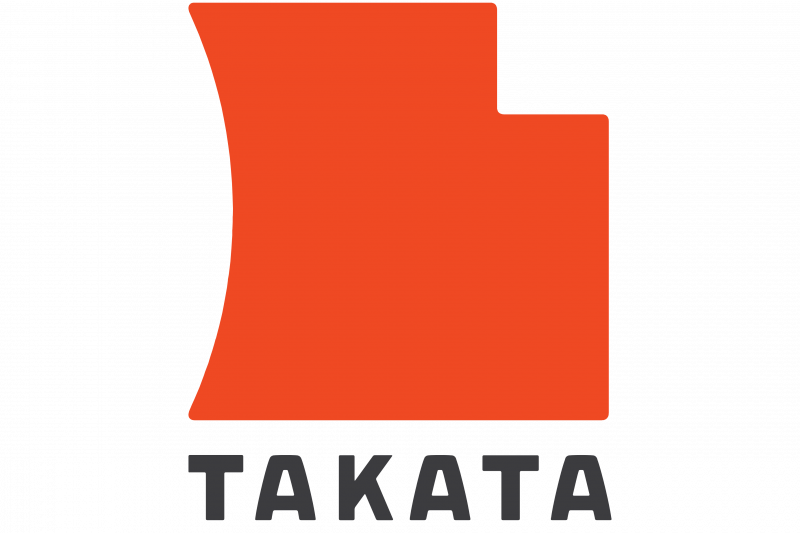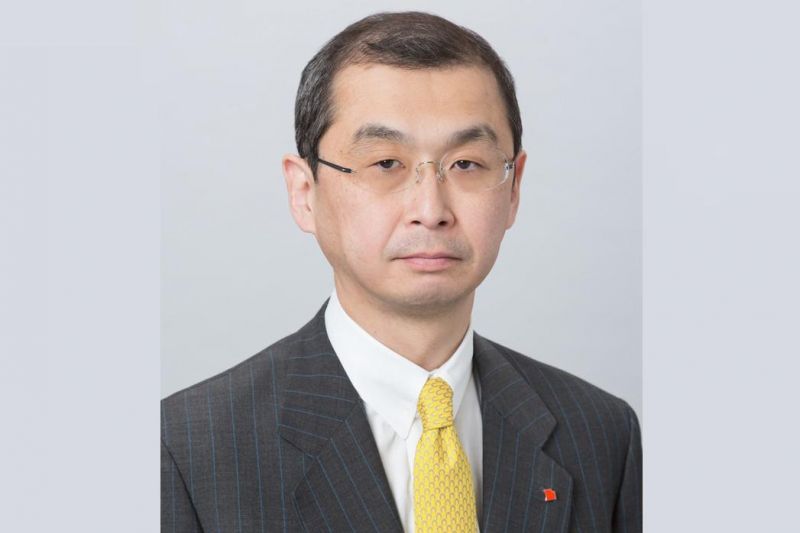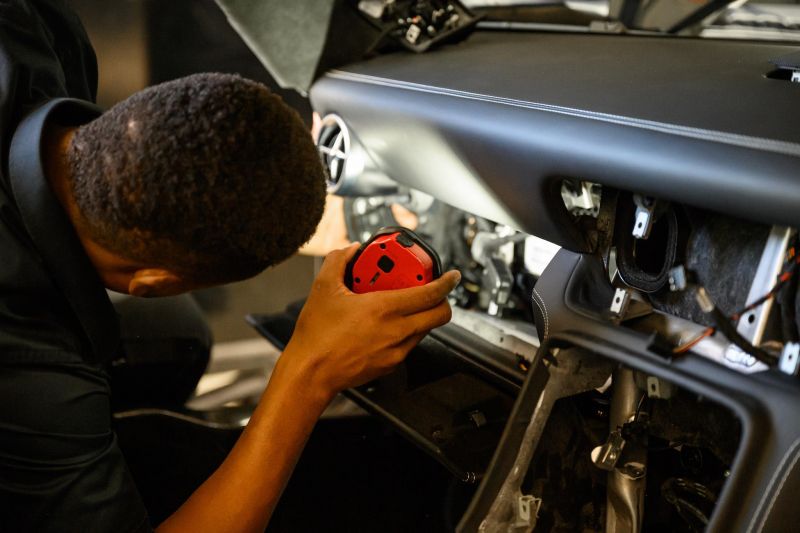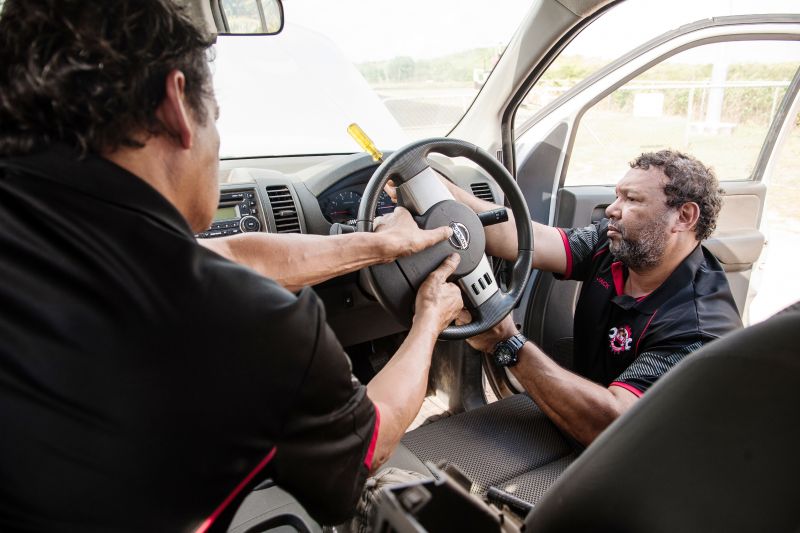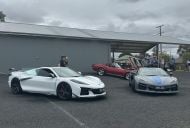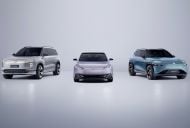Mention the word Takata and most people immediately think of the recall arising from faulty airbags that effectively caused passengers to be injured by shrapnel.
Unfortunately 32 people around the world have died and approximately 100 million vehicles around the world have been recalled, according to the ACCC.
Takata’s origins lie far from the automotive space, however. The company was founded in 1933 as a manufacturer of textiles by Takezo Takada in Shiga Prefecture, Japan.
Initially producing woven products such as fabrics and ropes used in ships and even parachutes, the company gradually expanded during the post-war period to other industries.
One of these was the automotive sector. The firm began research into potential applications of two-point seatbelts (those that restrained the waist, rather than going across the chest) as a safety device in cars in the early 1950s, before commercialising the technology during the following decade.
The initial adoption of this technology in cars was successful, and Takata capitalised by building a dedicated facility to test the crashworthiness of its seatbelts in Japan.
Indeed, only seatbelts manufactured by Takata were able to pass the US Government’s safety tests in 1973.
During this time, the company filed patents in relation to various seat belt technologies such as inertia locking take-up reels, and automatic retractor reels.
As explained in a previous article, Japanese suppliers and OEMs often have very close business relationships, and Takata was no exception.
In this case, it was Honda which owned a share of the Takata business, and used its corresponding influence to convince the company to expand into the supply of other automotive parts, most notably airbags, in the late 1990s.
Other automotive parts manufactured by Takata have included steering wheels through the acquisition of German firm Petri AG in 2000.
The airbag recall saga
Takata had been subject to recalls before the airbags crisis, perhaps most notably the 1995 seatbelts recall where numerous models from Japanese marques were recalled when it was revealed buckles made from ABS plastic could become brittle over time due to exposure to UV, crack, and fail to properly latch.
By the time of the airbag recall in the early 2010s, Takata was a key multinational automotive supplier.
Led by Shigehisa Takada – Takezo’s grandson – the company had more than 50 factories around the globe, revenues of more than AU$8 billion and an employee count of approximately 50,000.
The warning signs something was amiss were evident during the early 2000s.
By the turn of the century engineers and other staff at the company were reportedly noticing failures in airbag inflators during testing.
However, a corporate culture that paired secrecy with a sense of infallibility meant this test data was not shared internally, and was hidden from OEM customers for several years.
It was only in 2008 when the initial round of recalls began, starting with Honda recalling 4000 vehicles globally due to a risk that the airbag inflators could rupture.
At one stage, Takata had a 20 per cent market share for the production of automotive airbags, and this meant its products were being used by OEMs across the industry.
Therefore, the recall expanded over the following years as more carmakers realised their models had also been fitted with faulty airbags.
By 2013, manufacturers including BMW, Toyota, Nissan, Mazda and Honda were collectively recalling 3.4 million vehicles, before the NHTSA more than doubled its scope to 7.8 million cars in the USA.
By 2015, other major manufacturers such as GM had joined in, resulting in a global total of over 31 million vehicles being recalled.
In Australia, the ACCC announced a compulsory recall of Takata airbags in 2018.
In keeping with the corporate culture described above, Takata stayed largely silent on the root cause of the airbag recall for much of this period.
This and the manipulation of airbag test data was noticed by regulators and, after being whacked with a US$1 billion fine, Takata filed for bankruptcy in June 2017.
For more information on what exactly went wrong with Takata’s airbags, please see our earlier article on how airbags work.
By April 2018, the company had been acquired by American-based, Chinese-owned competitor Key Safety Systems.
The Takada family, known as one of Japan’s most prominent business families, owned 60 per cent of company shares in 2017 prior to the bankruptcy, and have suffered a total financial loss in excess of $US2.7 billion.





